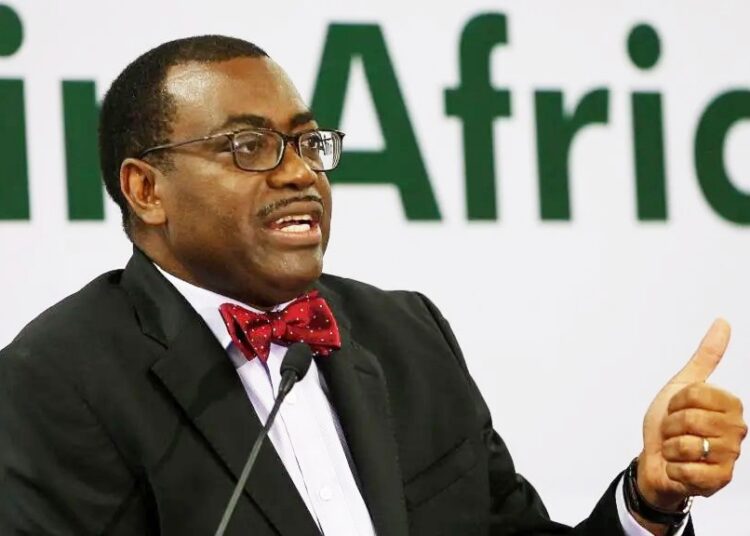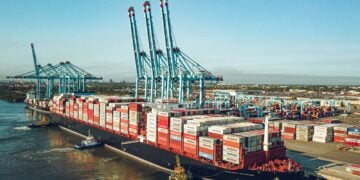The African Development Bank (AfDB) is set to elect its new president on Thursday, May 29, 2025, during the Annual Meeting of the Board of Governors in Abidjan, Côte d’Ivoire. This election marks the end of Dr. Akinwumi Adesina’s decade-long leadership, as his second and final term concludes on August 31, 2025.
Dr. Adesina, a Nigerian national, first assumed office on September 1, 2015, after his initial election on May 28, 2015. He was re-elected for a second five-year term on August 27, 2020. Under his stewardship, the AfDB has focused on promoting economic and social development across Africa, helping stabilize many economies despite global challenges such as inflation, debt, and climate change.
His tenure, which began in 2015, is marked by historic achievements including the unprecedented growth of the bank’s capital from $93 billion to $325 billion, the largest increase in its history.
The upcoming election features five official candidates cleared by the Steering Committee of the Board of Governors: Amadou Hott (Senegal), Dr. Samuel Munzele Maimbo (Zambia), Dr. Sidi Ould Tah (Mauritania), Abbas Mahamat Tolli (Chad), and Ms. Bajabulile Swazi Tshabalala (South Africa). Amadou Hott, a former AfDB vice-president and current special envoy appointed by Adesina, is considered a frontrunner, though his Senegalese nationality may influence the election dynamics.
The election process included submission of candidatures by January 31, 2025, followed by presentation of vision statements and a question-and-answer session with the Board of Governors on May 28. The final vote will take place on May 29, 2025.
The new president will lead the AfDB’s mission to fight poverty and improve living conditions by fostering investment in projects that drive Africa’s economic and social progress. The continent watches closely as the bank prepares to enter a new chapter in its leadership.
Adesina, the first Nigerian to hold the position, spearheaded the AfDB’s flagship development agenda known as the “High 5s,” focusing on electrification, food security, industrialization, economic integration, and improving quality of life. These initiatives have positively impacted over 565 million Africans, improving healthcare, transport, electricity, water access, and food production across the continent.
Reflecting on his decade in office, Adesina described his role as “a mission, not a job,” emphasizing relentless dedication and passion for Africa’s development. He urged his successor to build on the bank’s legacy and to champion Africa’s interests globally with effective, substantive initiatives rather than superficial efforts.
The AfDB now faces a critical leadership transition with five candidates from South Africa, Senegal, Zambia, Chad, and Mauritania competing to succeed Adesina. The election is scheduled for May 29, 2025, during the bank’s annual meeting in Abidjan, Côte d’Ivoire.
Under Adesina’s leadership, Africa has seen remarkable economic resilience despite global challenges such as inflation, rising debt, currency depreciation, and climate change. Eleven of the world’s twenty fastest-growing economies last year were African, a testament to the bank’s impact during his presidency.
As his tenure winds down, he has expressed his readiness to continue serving Nigeria and Africa in any capacity, emphasising his commitment to transforming lives and his Nigerian identity.
The African Development Bank now looks ahead to new leadership to navigate ongoing challenges and continue fostering sustainable development across the continent.





